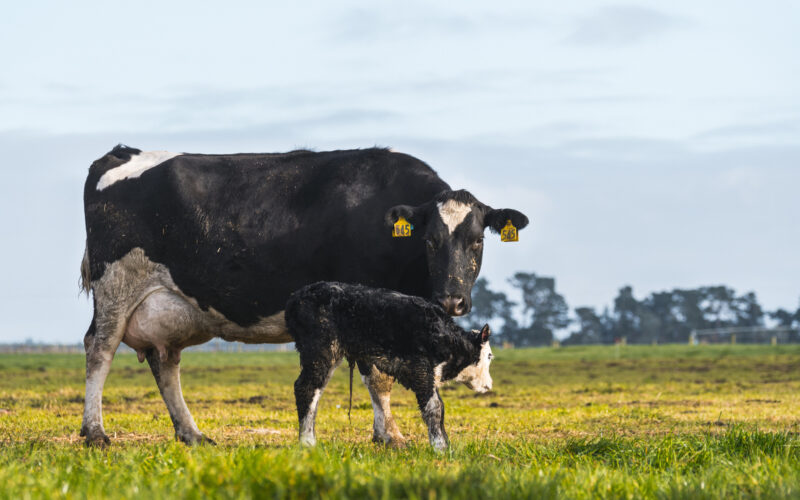When it comes to discussing succession plans, the most important people in the room are the farm owners.
This is because they are often the ones who have created the wealth in this business asset, Rural Coach’s Brett Robinson says.
The responsibility on their shoulders can be even more important if it is a second-, third- or fourth-generation farm.
“A lot of it is the mahi that you’ve put into the farm. You’ve been there in your career as a farmer for 20-50 years,” he told a roomful of farmers at a workshop on succession planning organised by the Small Milk and Supply Herds group.
During any initial conversations, one of the key goals is discovery, meaning finding out what is important for the farm owners as well as the children, he said.
As a facilitator in this process, Robinson says someone with no baggage can offer a safe environment for discussions and ask hard questions.
Rural Coach’s succession philosophy is based on four principles: sound relationships, a willingness to participate, profitability and equity.
Those relationship are not just restricted to parents and children, but could also involve people outside the family, Robinson says.
Assumptions and expectations, particularly around what the parents think their children want to do, have to be explored to see if they are correct.
The son or daughter may have completely different priorities around careers or travel and the fact that the parents may be unaware of this comes back to relationships, he says.
Unaddressed assumptions turn into expectations, and expectations – if they are not met at the first time they are discussed, which in a worst case scenario could a will reading – could lead to conflict, he says.
When the first proper family meeting takes place, it needs to have formalities around a written agenda to keep everything on track. Everyone – including children’s spouses – must be included and rules of engagement must be established.
From there, start forming a plan and a pathway for the plan. The plan has to be transparent, identify areas of responsibility and have a date or timeline on it to keep things moving.
And “a plan is only as good as its execution. If you don’t write it down, it’s only a dream and if you don’t execute it, it’s not a plan, it’s just a conversation.”
This article first appeared in the November edition of our sister publication, Dairy Farmer.






